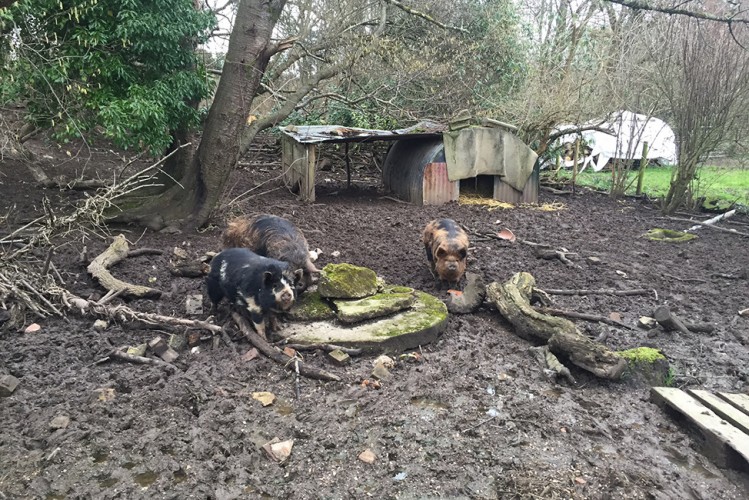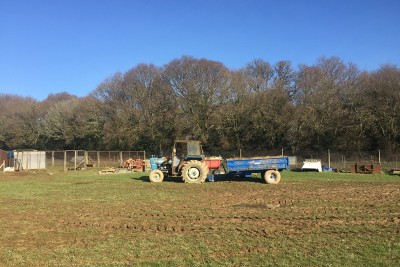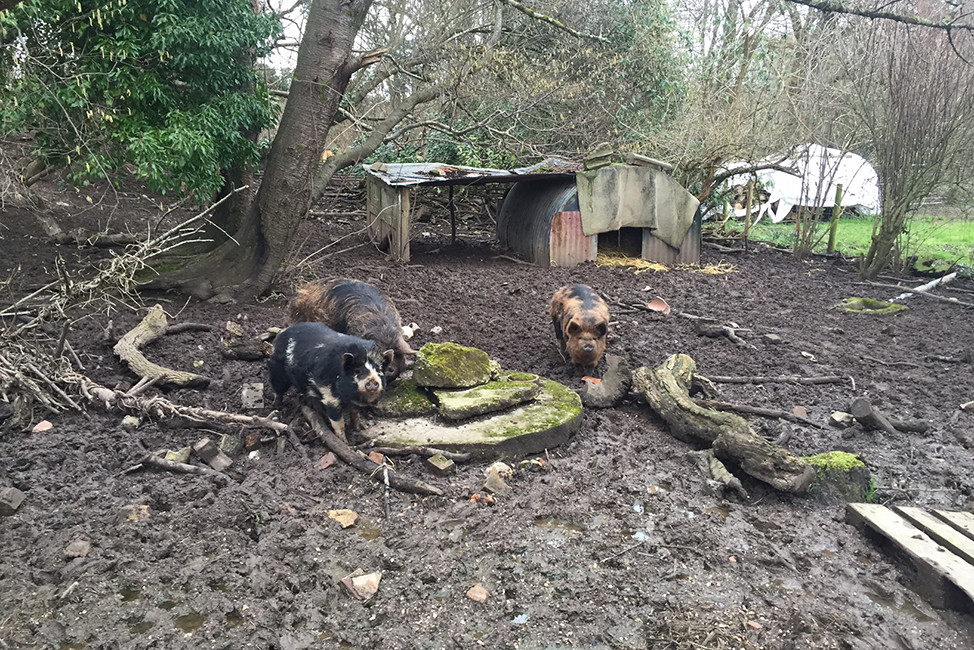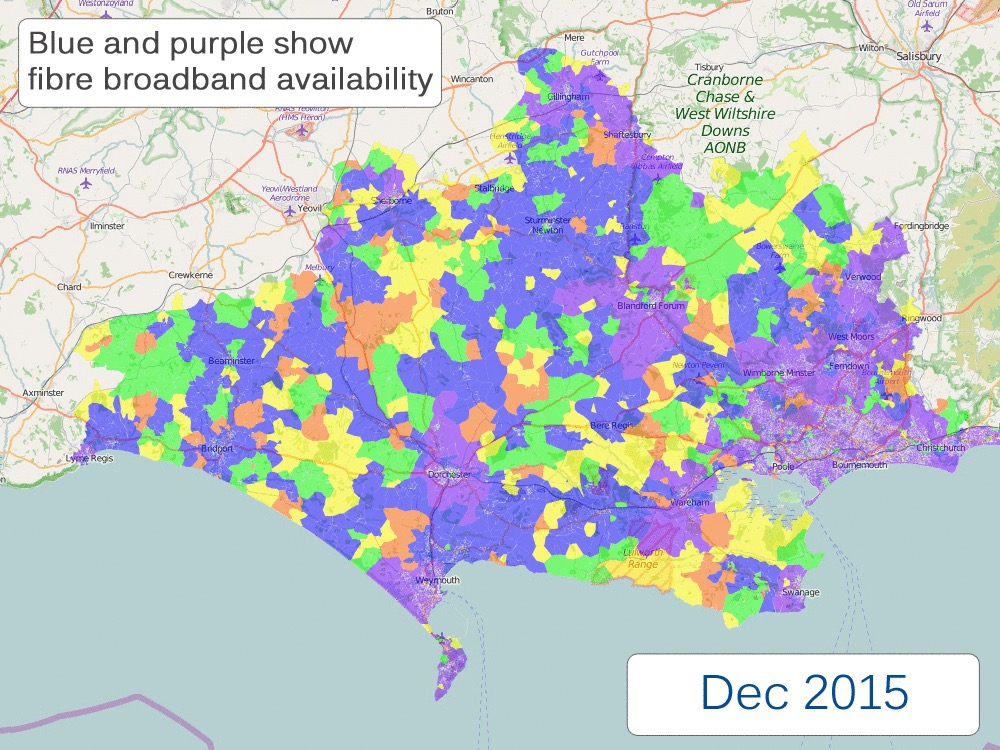Ecotherapy is the name given to a range of treatments and programmes designed to improve mental and physical wellbeing by utilising outdoor activities involving nature. The government have pledged to spend an extra £1billion on mental health by 2021, but do they know really know where it needs spending?
Man’s affinity with horses has been documented throughout history. We’ve ridden them into battle; we’ve used them to plough fields; we’ve used them for sport; but now we can also use them to aid mental health conditions. The Fortune Centre for Riding Therapy in Avon Tyrell is an organisation making use of the physiological benefits of horses. The pelvic motions of a human walking, can be mirrored in riding a horse, thereby improving control of movement and posture.
Jennifer Dixon-Clegg the chairwoman of the centre says,
“Caring for these horses is a way of subconsciously introducing concepts such as time and counting for individuals. These things are taken for granted by so many of us, but to some, this is a foreign concept that can only be taught outside of the pressurised classroom setting. This could be attributed to how much to feed them, or when to take them out for a ride”.
In helping to care for the horses, the students learn to help themselves too. One of the former students of the centre has since gone on to have her own children.
There is no strictly defined method to suggest how an ecotherapy centre or community farm should be set up, but there are unifying characteristics. The need for a sheltered space, without pressure, and the benefit of outdoor pursuits are shared across most programmes . However, quantifying results remains a difficult task. The problem isn’t as simple as: has this person got paid employment? Has this child gone back to school? It can be a case of increased independence and self-esteem, but without seeing those affected from the first day to the last, there is a significant opportunity missed to justify more funding for these ventures.

This is a problem that has been found at Longmead Community Farm in Milborne St Andrew, who hold overnight retreats for families struggling, taking them out of a highly pressurised environment, to one where everyone is able to receive the attention they need on a one-to-one basis. The venue is run by Denise Abrahall and her husband, who previously worked in the Philippines as missionaries. They brought back some of the animals with them as they set up the farm and have continued to provide relief to families. Denise said,
“it can very often be single mothers with young children refusing to go to school, completely desperate for help. Just five minutes alone on a terrace without that pressure could do wonders. It really comes down to fitting around the family, what they want to do, and giving the attention that anyone would crave.”
The biggest challenge to many of these centres is funding. In order to receive the best opportunity of care, more staff are required to work intensively with those with mental health disorders. Very often there is a reliance upon volunteers, as the organisations receive around only £40 to £45 per person they help each day. This costing often includes the transport fee to go and pick these people up from their home, a problem that could well be exacerbated by the Dorset County Council’s decision to make £500k cuts to rural bus routes.
Holtwood Community Farm is one of those who go and collect these isolated people. Their ecotherapy project utilises their livestock and plant life across the 14 acre site, so that those with mental health conditions can feel safe and purposeful. Nigel Prichard, the head farmer at Hollywood says,
“we cater for a range of ages, with the oldest in their 60s, which can be crucial as generally funding for these types of projects caters for those aged 16-25, but after this, people can very often be forgotten about in spite of still have something to offer”.

Lack of funding for these projects also leads to a lack of choice; with geographical location meaning those with learning difficulties will often have to go to the facility closest to their home. This is rather than one focusing on a beneficial interest that could cause far less social anxiety, and usually a greater opportunity for improvement of condition.
However, there is a lesser known option available to students with disabilities or learning difficulties. The government have a reserve fund known as the Individual Specialist Provision, which can fund these students to go to a certain location if the derived health benefits warrant it.
Ecotherapy is often a lifeline for families, and it’s certainly an area the government should look to dedicate funds to, if they are as serious about treating the issue of mental health as their £1billion pledge suggests. The principles may be nothing new, but by making someone feel purposeful, engaging with their interests, and getting them outside doing something, the possibilities are endless. As Denise says, “without places like ours, where would these people go?”








